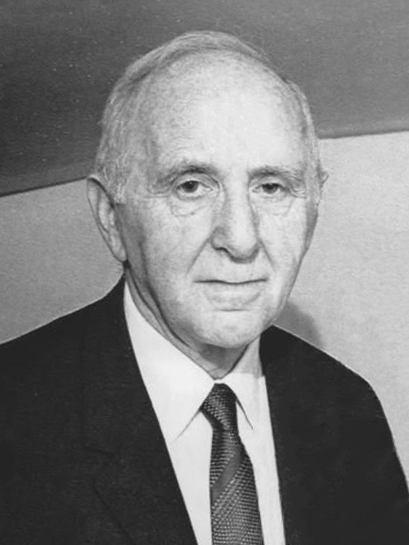On his blog yesterday, Harvard economics professor Greg Mankiw stated that the idea of excluding government spending from GDP is “amazingly stupid.” Unfortunately, he didn’t say why. It would be nice to know why.
I’m not sure if Greg is aware of this: a Harvard University professor who won the Nobel Prize in economics in 1971, Simon Kuznets thought it was a good idea. As I wrote in my biography of Kuznets in David R. Henderson, ed., The Concise Encyclopedia of Economics:
Simon Kuznets is best known for his studies of national income and its components. Prior to World War I, measures of GNP were rough guesses, at best. No government agency collected data to compute GNP, and no private economic researcher did so systematically, either. Kuznets changed all that. With work that began in the 1930s and stretched over decades, Kuznets computed national income back to 1869. He broke it down by industry, by final product, and by use.
I added:
Although Kuznets was not the first economist to try this, his work was so comprehensive and meticulous that it set the standard in the field. His work was funded by the nonprofit National Bureau of Economic Research, which had been started in 1920. Kuznets later helped the U.S. Department of Commerce to standardize the measurement of GNP. In the late 1940s, however, he broke with the Commerce Department over its refusal to use GNP as a measure of economic well-being. He had wanted the department to measure the value of unpaid housework because this is an important component of production. The department refused, and still does.
Now, it’s true that what earned Kuznets the Nobel Prize was not his work on GNP but his work on economic growth. But clearly he was an expert on GNP and, by extension, GDP.
So why did Kuznets want to exclude government spending from GNP? Here’s how Onur Ozgode, put it in “The Invention of Economic Growth: The Forgotten Origins of Gross Domestic Product in American Institutionalist Economics,” Promarket, October 31, 2021:
Operationalization of national income statistics as a macroeconomic interface required a final and yet controversial modification in Kuznets’s GNP: the inclusion of the state as an economic sector in national income estimates. Kuznets excluded the state in these calculations because he believed public services were an input for private production. Since businesses factored in the taxes they paid for these services in pricing their products, their inclusion would cause double counting. Yet, an emerging group of economists, calling themselves “Keynesians,” argued against Kuznets, pointing to the inconvenient fact that his justification did not account for a state that ran large deficits. Because they believed deficit spending was the only effective policy for economic recovery, policymakers needed a measure of the state’s contribution to economic activity to fine tune economic stimulus.
Who’s right: Kuznets or Mankiw? I don’t know. Whose idea is “amazingly stupid”? Neither Kuznets’s nor Mankiw’s. Whose idea is just stupid? Neither again.
The accompanying picture is of Simon Kuznets.
